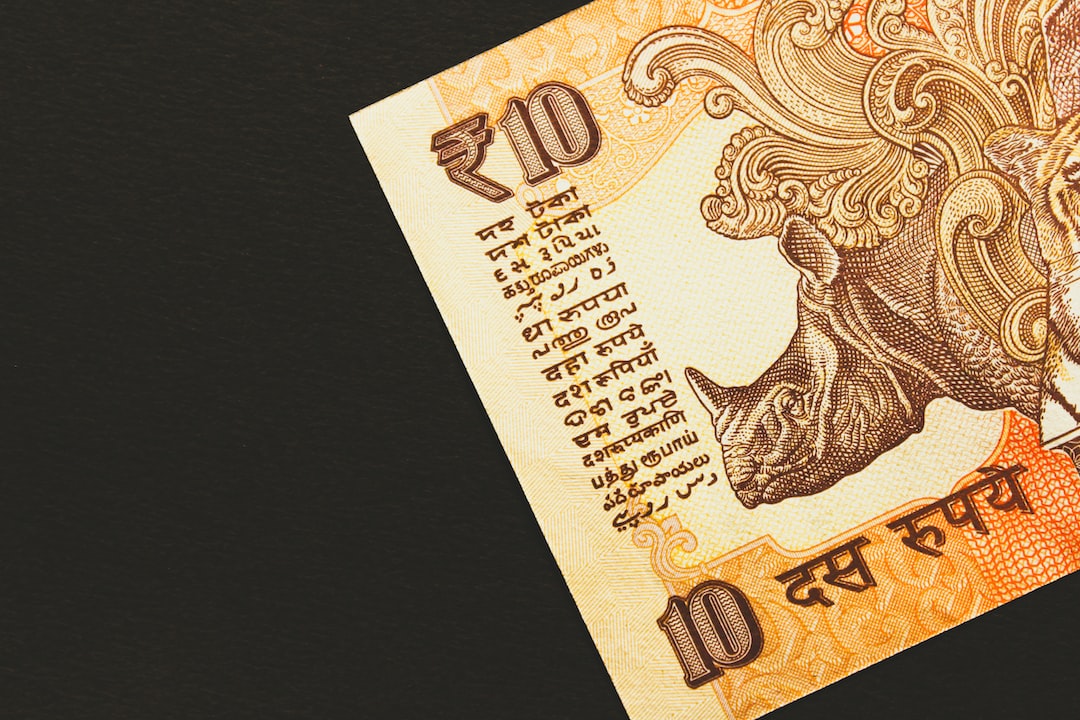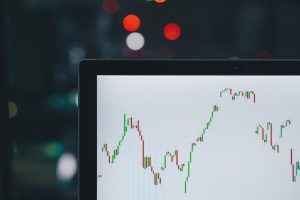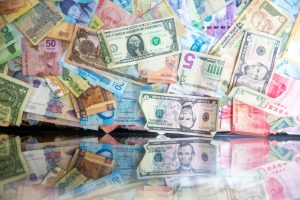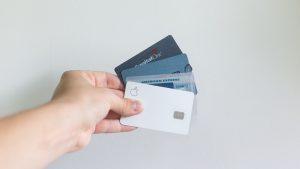Forex, or foreign exchange, is the largest and most liquid financial market in the world. It involves the buying and selling of currencies from different countries, and it is open 24 hours a day, five days a week. Forex trading has gained popularity over the years due to its potential to generate substantial profits. However, many people wonder how expensive forex trading is, and if it is worth the investment.
Forex trading involves various costs that traders should be aware of before entering the market. These costs include spread, commissions, swaps, and slippage, among others. Understanding these costs will help traders to make informed decisions and manage their risks effectively.
Spread is the difference between the buying and selling price of a currency pair. It is the main cost of trading forex and is measured in pips. Pips are the smallest unit of price movement in forex trading. The spread varies among brokers and currency pairs, and it can range from as low as 0.1 pips to as high as 10 pips. The lower the spread, the less expensive the trading cost. Traders should look for brokers with competitive spreads to reduce their trading costs.
Commissions are fees charged by brokers for executing trades. Some brokers charge a fixed commission per lot, while others charge a percentage of the trade value. Commissions can have a significant impact on trading costs, especially for high-volume traders. Traders should consider the commission rates when choosing a broker.
Swaps are fees charged by brokers for holding positions overnight. These fees are calculated based on the interest rate differential between the two currencies in the pair. If a trader buys a currency with a higher interest rate than the one they sell, they will receive a positive swap. Conversely, if they sell a currency with a higher interest rate than the one they buy, they will pay a negative swap. Swaps can be a significant cost for traders who hold positions for a long time.
Slippage is the difference between the expected price of a trade and the actual price at which it is executed. Slippage occurs when there is a delay in executing the trade due to market volatility or low liquidity. Slippage can increase trading costs, especially for traders who use high-frequency or automated trading strategies.
Apart from these direct costs, forex trading also involves indirect costs such as the cost of education, software, and hardware. Traders need to invest in education to acquire the necessary skills and knowledge to trade forex successfully. They also need to invest in software and hardware to access the market and execute trades efficiently. These costs can add up and increase the overall cost of forex trading.
In conclusion, forex trading can be expensive, but the costs vary among brokers and traders. Traders should consider the direct and indirect costs of trading forex before entering the market. They should choose brokers with competitive spreads, low commissions, and fair swap rates. Traders should also invest in education, software, and hardware to improve their trading skills and efficiency. With proper risk management and discipline, forex trading can be a profitable investment.






